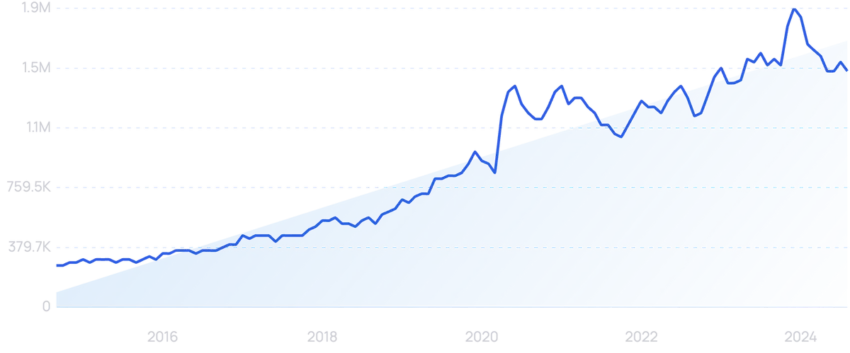TL;DR Summary of The Booming Customized Skincare Market: Trends, Technology, and Consumer Insights
Optimixed’s Overview: Unveiling the Future of Personalized Skincare Through Innovation and Consumer Trends
Market Growth and Consumer Demand
The global customized skincare market is witnessing unprecedented growth, driven by consumers’ increasing desire for products that address their unique skin types and concerns. Forecasts predict a compound annual growth rate (CAGR) of 7.8% worldwide, with India leading at 10.7%, highlighting a strong international appetite for personalization.
Key Drivers Behind the Trend
- Consumer Education: Rising awareness of different skin types and active ingredients has led to a surge in searches related to skincare personalization, such as a 54% increase in “skin type” queries and 71% growth in interest for ingredients like tranexamic acid.
- Influencer Impact and Social Commerce: Platforms like TikTok (“SkinTok”) are essential in educating and influencing Gen Z and Gen Alpha consumers, with 84% of Gen Z purchasing beauty products based on influencer recommendations.
- Technological Advances: AI-powered skin consultations, virtual quizzes, and face scanning tools enable hyper-personalized recommendations, improving product efficacy and user satisfaction.
Innovations Transforming Customized Skincare
- AI and Robotics: AI skin analysis tools like Haut.AI and Lancome’s E-Skin Expert analyze multiple skin parameters to offer precise product suggestions. Robotics, such as Korean-made AI skincare robots, can produce customized formulations on demand.
- Subscription and Prescription Models: Services like Skin + Me and Dermatica provide prescription-strength, personalized skincare with ongoing monitoring and formulation adjustments.
- Medical Applications: Apps like SkinVision and devices like DermaSensor leverage AI for early detection of skin cancer, demonstrating the expanding role of personalized skincare in healthcare.
- Digital Twins: The concept of creating a digital replica of a user’s skin condition allows continuous monitoring and improved treatment outcomes.
Strategic Opportunities for Brands and Marketers
To capitalize on this booming sector, brands should:
- Leverage SEO tools to identify high-potential keywords related to emerging ingredients and consumer interests.
- Engage with social media influencers to reach digitally native consumers effectively.
- Incorporate AI technologies to offer personalized consultations and product formulations.
- Stay informed on medical and cosmetic crossover innovations to broaden market relevance.
Conclusion
The customized skincare market stands at the intersection of consumer demand, technological innovation, and digital marketing. With AI-driven personalization and data-centric strategies, brands can unlock significant growth opportunities and meet consumers’ evolving expectations for truly individualized skincare experiences.
